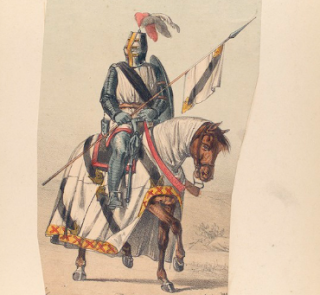 |
| Wikimedia, Drsarahgrace |
The herd scattered into the shallows to escape the blood and thrashing. Soon after, they clambered onto the shore for added safety.
"Why did he charge?" said next strongest bull. "He went straight at it."
"Straight to his death," said his younger friend. "He was always a strange one. Moody."
"Still, he was the best."
Their leader had been the mightiest among them for years. He'd hunted the fastest cod and whitefish. He'd dived the deepest, two hundred feet to the crabs on the ocean floor. He'd broken through the toughest ice on their long journeys, had scouted for bears, and had defended the herd, as best as anyone could, against the walruses.
When it became popular in the warm months for the seals to tend gardens of sea urchins and starfish, he strove to tend the wildest, largest area. When others feared to approach a large octopus that followed the seal pups, he confronted the beast and bit off one of its legs.
Until today, their leader had been content to swim rings around sharks. He could turn his body faster than any predator could chase. In past years, he'd used his agility to tease them. He won at everything. It was true, though, that he always seemed dissatisfied. None of them knew what he made him confront such an overpowering predator.
 |
| Wikimedia, USA NOAA |
A group of males gathered to watch the waters. They studied the area for signs of more sharks. While they did, they barked to one another in alarm. Their leader's death created a void.
"He never knew peace," a bull remarked to his uncle. His gray-furred relative ambled over.
"This is the case," his uncle agreed. He lowered his head, more interested in his nephew than in sharks. "He always competed. You were his best rival."
"Why wasn't he happy? If I accomplished so much, I would be happy."
"That is what you think. But you've already accomplished much and you're not happy. He accomplished more. It did not bring him happiness."
"I will accomplish more and become greater than ever."
"Yes."
"Maybe something is wrong with me, too. Maybe I will fight and fight and never be at peace."
"You talk as if you will attain peace through violence. But I think I know what you mean. The inner calm you admire is not obtained by fulfilling your desires." The uncle shook his head. "It comes from the removal of desire."
"I must let go of my ambitions?"
"To be at peace in your heart, there is no other way."

